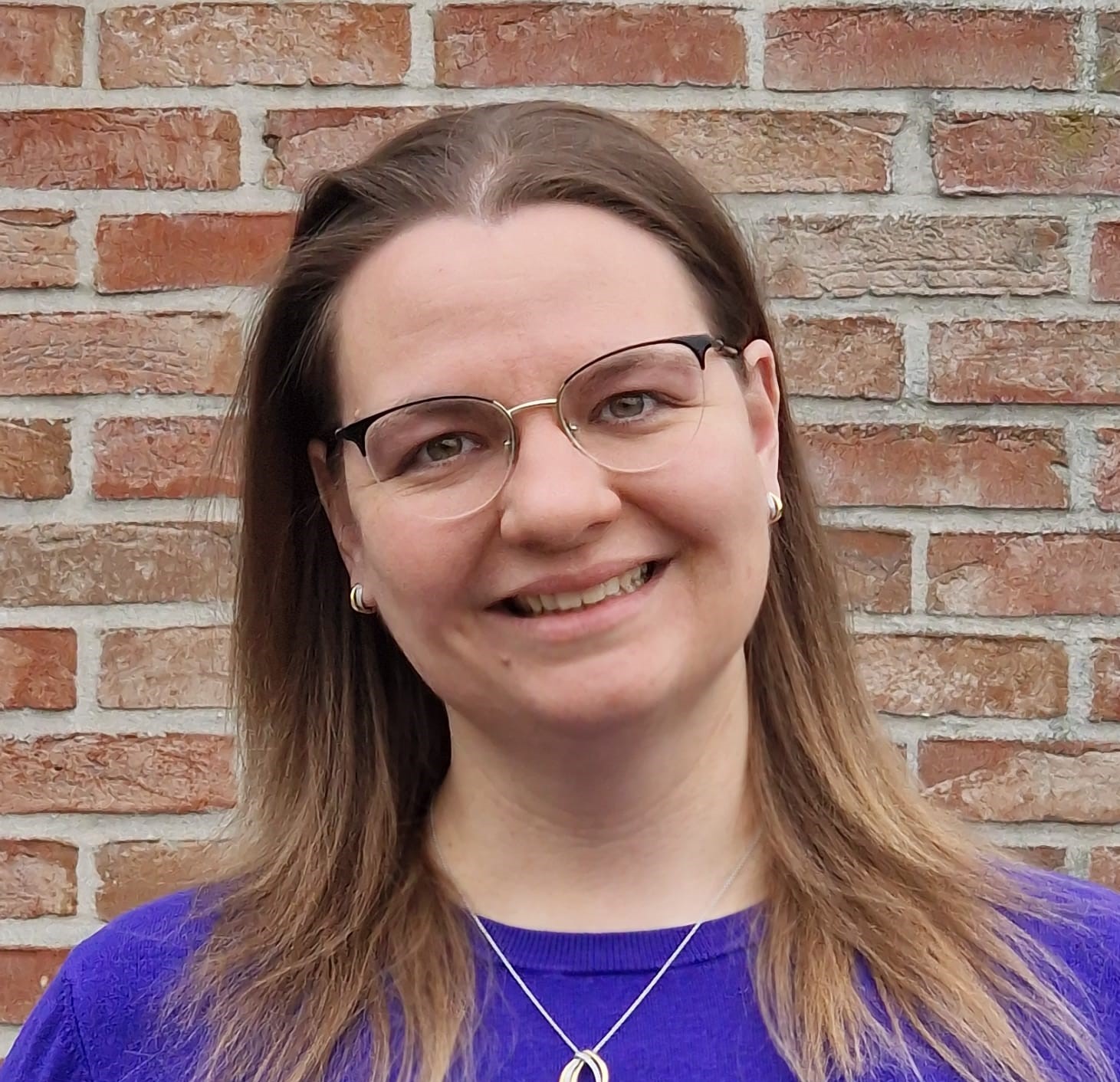 \
&
Contact us
\
&
Contact us
 \
&
Contact us
\
&
Contact us
About the programme
The aim of the European Chips Act, is to bolster Europe’s competitiveness and resilience in semiconductor technologies and applications to support the green and digital transition. The Chips for Europe Initiative, part of the EU Chips Act, aims to reinforce the European semiconductor ecosystem and Europe’s technological leadership and will be implemented by the Chips Joint Undertaking (Chips JU).
The Chips JU, with funding from both Digital Europe and Horizon Europe, will
The Chips JU is a public-private partnership that supports research, development, and manufacturing capacities in the European semiconductor ecosystem.

marie.timmermann@fwo.be
+32 2 550 15 59
Digital Europe HPC AI, data & cloud Cybersecurity
The European Commission is still collecting input on the Digital Europe programme by means of two consultations. The results of these consultations will feed into the mid-term evaluation of Digital Europe. Open Stakeholder Consultation The Open Stakeholder Consultation seeks to gain insights into the needs of stakeholders in the digital tran... read more
Infosheets contain edited content on aspects related to this programme. They are reviewed at least yearly.
Related links are easy pointers towards external information. We curate the list, but are not liable for the destinations.
Documents contain additional information related to this programme, and are similar to related links.

Funded by Horizon Europe, under call topic HORIZON-WIDERA-2021-ERA-01-80, INSPIRE is Europe's Centre of Excellence on inclusive gender equality in research and innovation. It relies on four Knowledge and Support Hubs to create knowledge in the areas of sustaining change, widening participation, intersectionality and innovation. Moreover, it supports stakeholders in their journey to become more inclusive through 12 Communities of Practice. In this way, INSPIRE aims to develop both cutting-edge knowledge and innovative strategies for gender equality in the European Research Area. INSPIRE brings together 14 partners. The Belgian partner in this project is UHasselt.